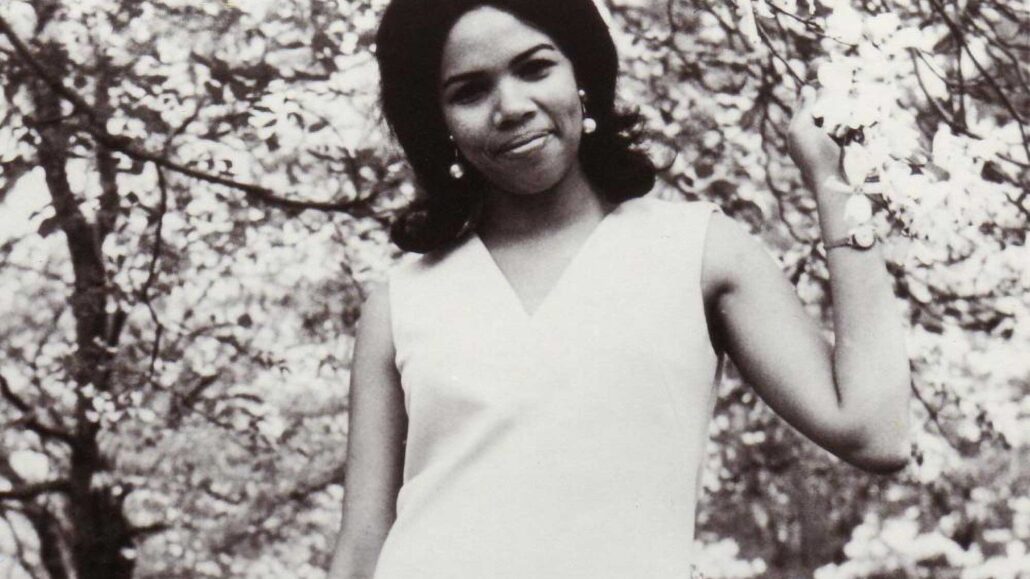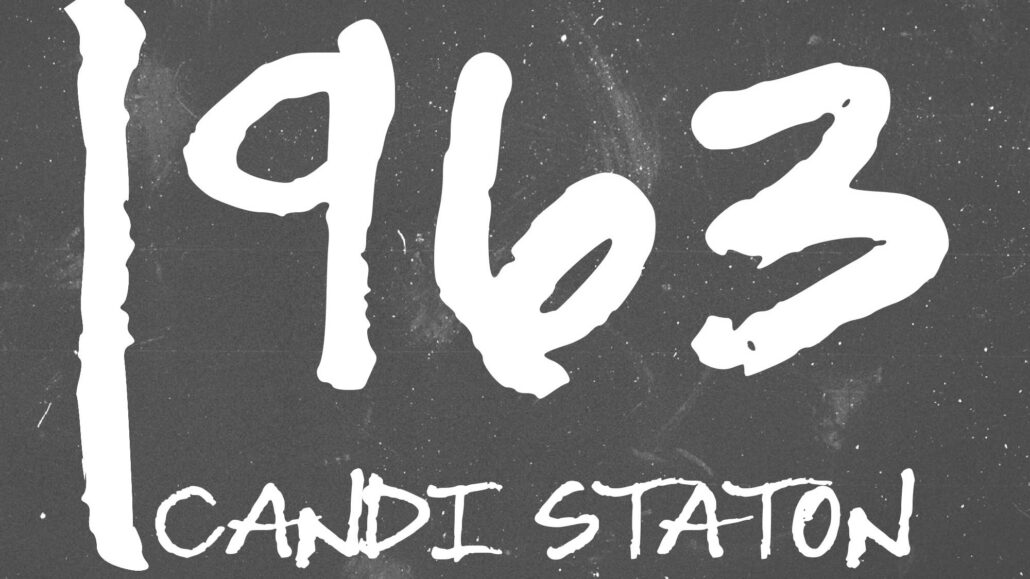New song, ‘1963,’ pays tribute to the four girls killed in heinous attack
By D. Kevin McNeir
Years before she was known for classic R&B tunes like “Young Hearts Run Free,” “You Got the Love,” and “Nights on Broadway,” the legendary soul singer Candi Staton was provided with a front row seat to civil rights history. She was a young mother with two toddlers when four members of the local Ku Klux Klan chapter, with 19 sticks of dynamite, blew up the historic 16th Street Baptist Church on September 15, 1963, in Birmingham, AL.
The explosion killed four young girls; Addie Mae Collins (14), Carol Denise McNair (11), Carole Rosamond Robertson (14) and Cynthia Dionne Wesley (14); injured two dozen others; and ignited an angry backlash that was felt around the globe. Dr. Martin Luther King Jr. described the event as “one of the most vicious and tragic crimes ever perpetrated against humanity.”
Now, 60 years later, Staton, 83, reliving memories and seeking to pay tribute to the four little girls who died, has released a moving song, “1963” (Beracah Records).
She said the song commemorates the 60th anniversary of that day and is her effort to draw a parallel to today’s issues. “I never experienced anything like that before,” she said. “We had gone to a little church a few blocks away from the 16th Street Baptist Church. The choir had sung and suddenly, somebody burst through the front door and started screaming that 16th Street Church was bombed and people were rioting. “So, he told everybody to rush home to get safety. Black people were turning over the cars of every white person they saw. White people and black people were throwing things at each other in the streets. Police were shooting guns into the air to scare people. It was just one of the worst days ever,” she said.
Staton grew up in rural Hanceville, Alabama, about 40 minutes outside of Birmingham where Jim Crow segregation was a way of life. As a teenager, she toured the deep south as a member of The Jewell Gospel Trio. “We used to be on the road with Sam Cooke, The Soul Stirrers and Mahalia Jackson and we traveled in a caravan of cars,” she said. “We did that because the police would stop anybody and harass them. If we were in a caravan, they had witnesses, so they were less likely to do something crazy.
“I remember one night, the police made the Fairfield Four quartet get out of the car and start singing. The police said that if they don’t sound good, they would shoot them. So, while they were singing, they shot their guns at the ground near their feet. We had to stay at boarding houses because no hotels would welcome us. We had to get food at the side door of a restaurant. It was so dehumanizing,” Staton recalled.
The Jewel Trio opened for actor-activist Paul Robeson during some of his political concerts and the group used to play in the yard of civil rights leader, Dr. Mary McLeod Bethune.
“She used to make us bologna sandwiches,” Staton said.
Thinking back on that day and the young girls who were murdered, she said, “I rarely hear anyone call out the names of those girls. I wanted to call their names like people call George Floyd’s name. I also didn’t want to act like this was just a thing of the past. “These kinds of tragedies are still happening. All the school shootings we’ve seen in recent years, reminded me that what happened in 1963 is still happening in 2023.”
Listeners can hear the emotion in Staton’s voice as she tells the story in the song that she recorded in a single tape.
“I could only do that one time,” she said. “I was reliving it and started to cry.”



